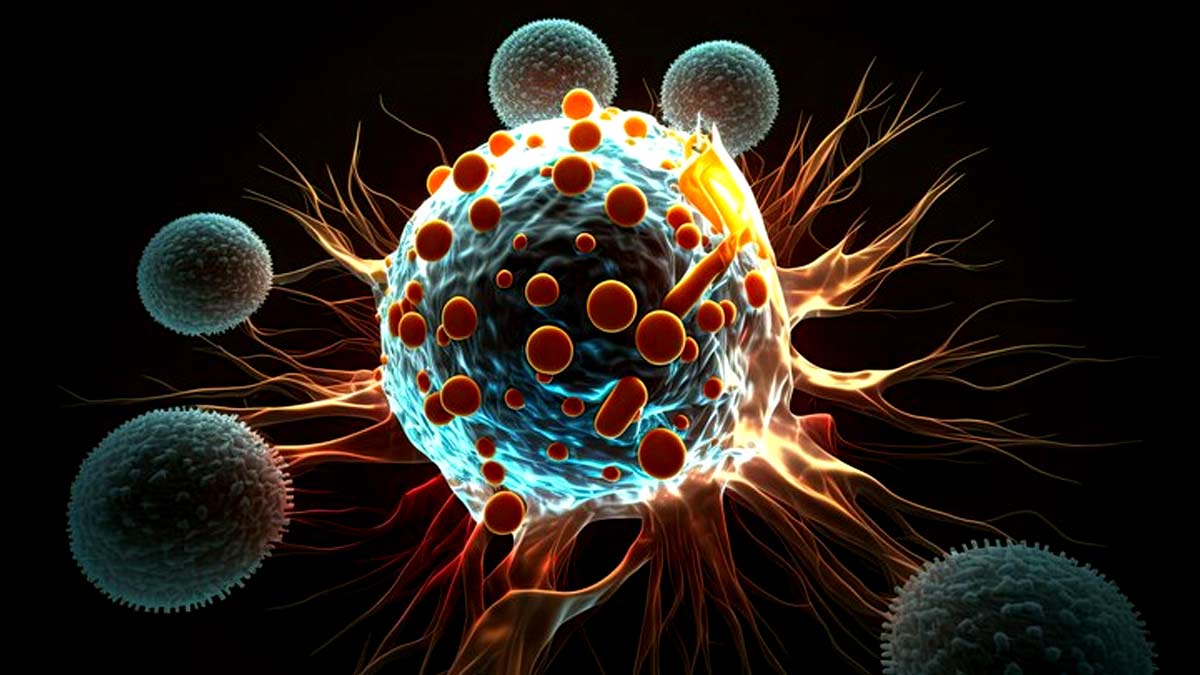
Two cases of dengue encephalitis have been reported in Hyderabad, leaving health officials alarmed and concerned. Of the two cases reported at the Malla Reddy Narayana Hospital, one patient has already succumbed to the condition, while the other is on ventilator support, as per a TOI report. The deceased was a third-year junior doctor, whereas the second patient, who is currently undergoing treatment, is reportedly a 16-year-old girl.
The doctors involved in treating the two patients have suggested that such cases have become more prevalent since the COVID-19 pandemic.
“Of the 100-odd dengue cases that we have seen this year, only these cases are encephalitis. We saw a case or two rare prior to the pandemic, but didn't see any case in between," Dr Ramu Dindugala, a critical care specialist at hospital said, reports the TOI.
Another case of dengue encephalitis was reported in Chennai in September, 2023 by The Hindu. A 19-year-old girl experienced high fever, disorientation and confusion and in the following two days, she developed prolonged seizures and stopped responding to medications, the media outlet reported. An MRI brain scan showed multiple lesions, which urged the authorities to move her to the intensive care unit.
Also Read: The Risk Of Severe Dengue, Possible Death: Actions To Take Before It's Too Late
What Is Dengue Encephalitis?
.jpg)
Worldwide, dengue fever accounts for an estimated 10-40 crore infections and 40,000 deaths each year. Dengue encephalitis, which is a rare form of dengue, is said to be a different entity, which occurs due to direct infiltration of neurons by the dengue virus.
Speaking with the OnlyMyHealth team, Dr Joydeep Ghosh, Consultant Internal Medicine, Fortis Anandapur, explained what dengue encephalitis is and how it is caused.
“Dengue encephalitis is a rare complication of dengue, which is caused when the dengue virus reaches the brain, leading to neurological symptoms,” he said, adding that the condition requires medical attention and treatment tailored to the patient's symptoms.
.jpg)
In general, dengue spreads through the bite of infected Aedes mosquitoes. It cannot be spread directly from person to person but a person infected with the virus can infect other mosquitoes.
On the other hand, dengue encephalitis itself is not contagious, as it is not spread directly from person to person. Encephalitis is a complication of dengue and does not transmit from one individual to another, the doctor explained.
Symptoms Of Dengue Encephalitis
.jpg)
Common symptoms of dengue encephalitis includes:
- Severe headaches
- Frequent vomiting
- Low mood
- Confusion
- Photophobia, which means the inability to tolerate light, leading to keeping eyes closed
Treatment Options
Since dengue encephalitis is a viral fever, treatment primarily involves conservative methods and medicines are prescribed based on the symptoms, Dr Ghosh said. “Paracetamol may be given for headaches, suitable anti-nausea medications for vomiting, and specific antiepileptic drugs are given to control convulsions,” she specified.







